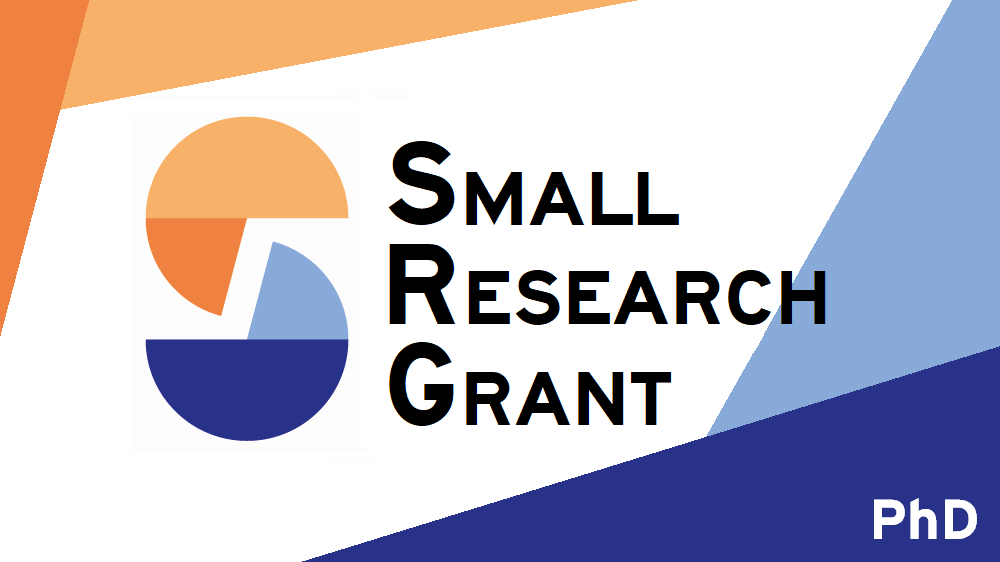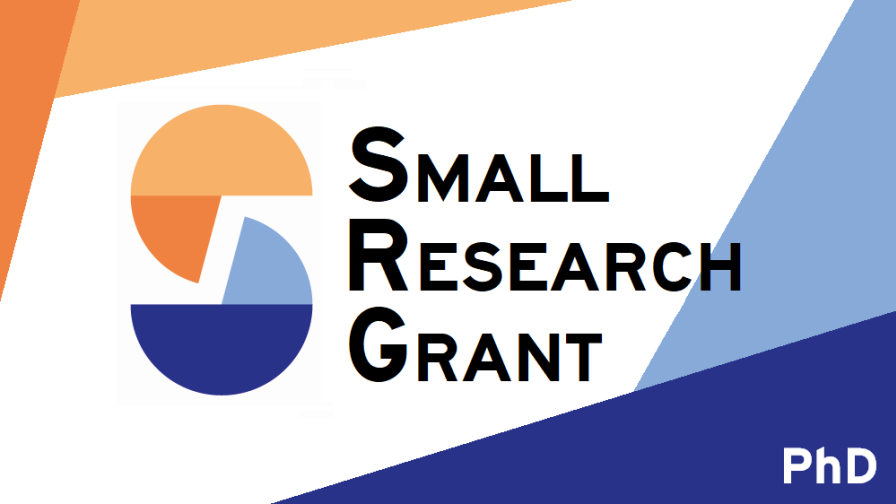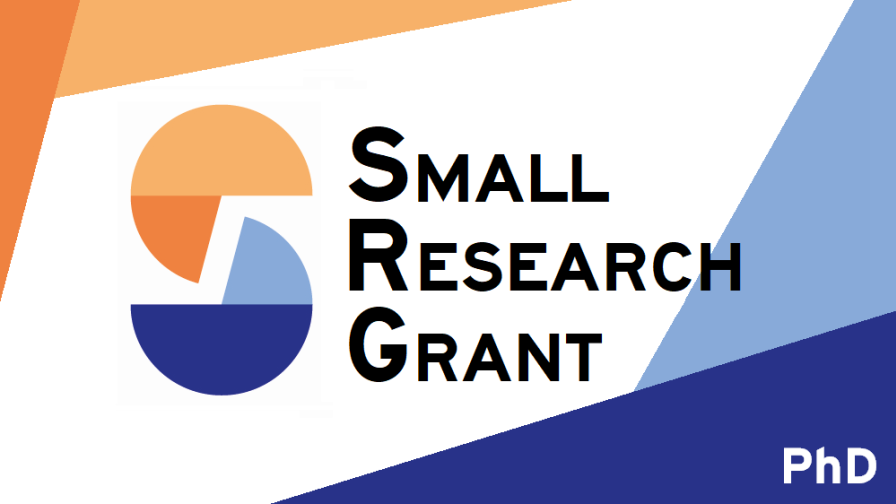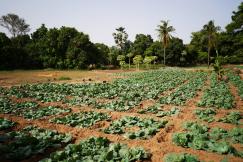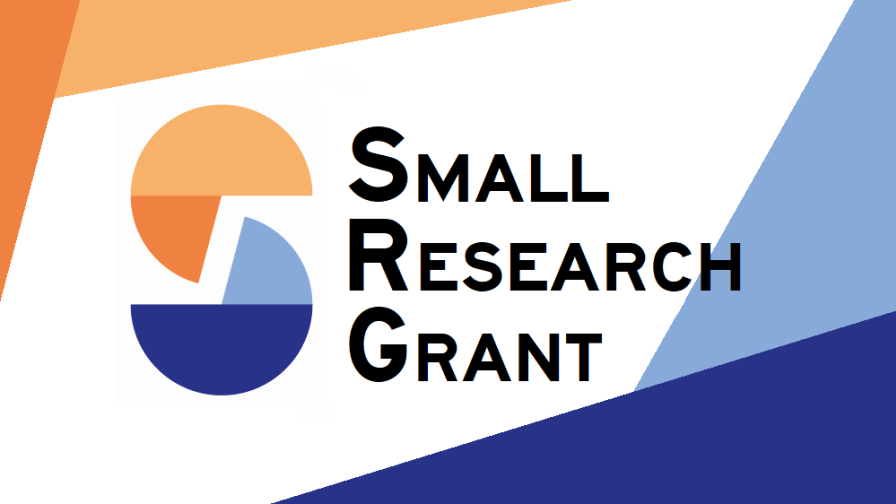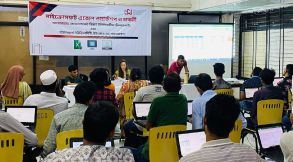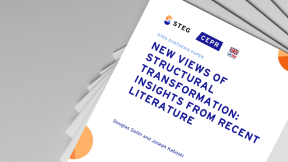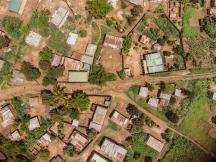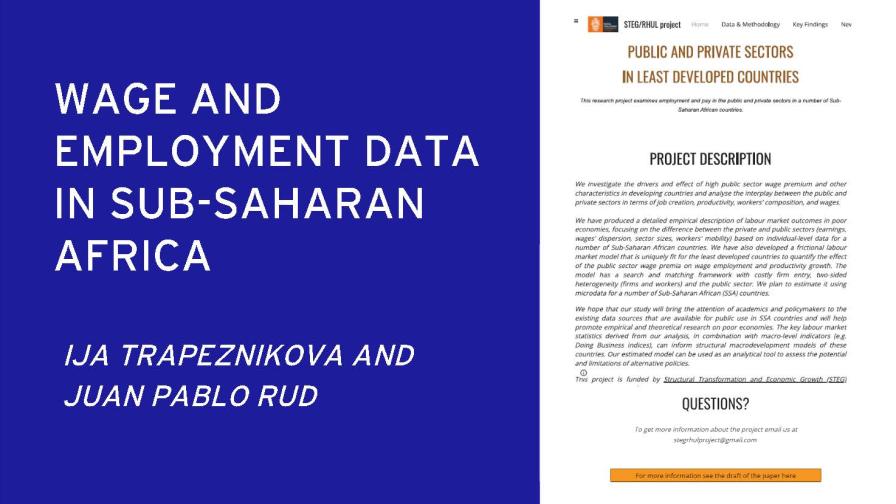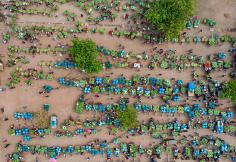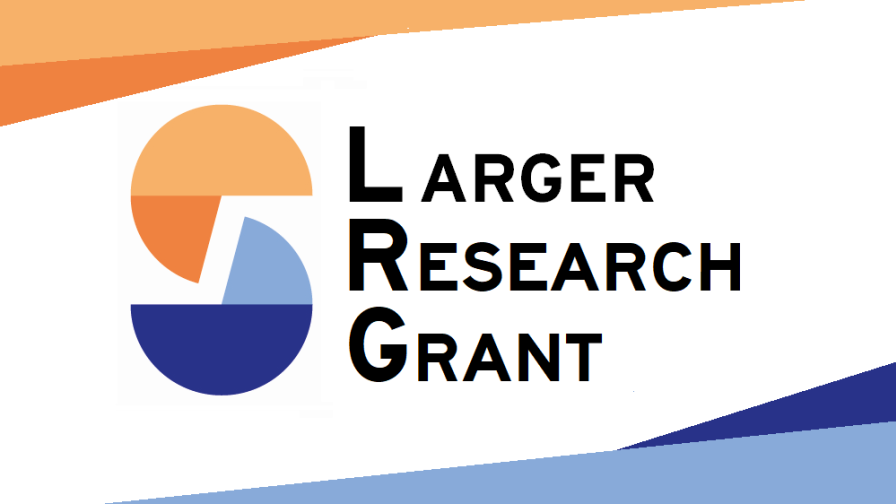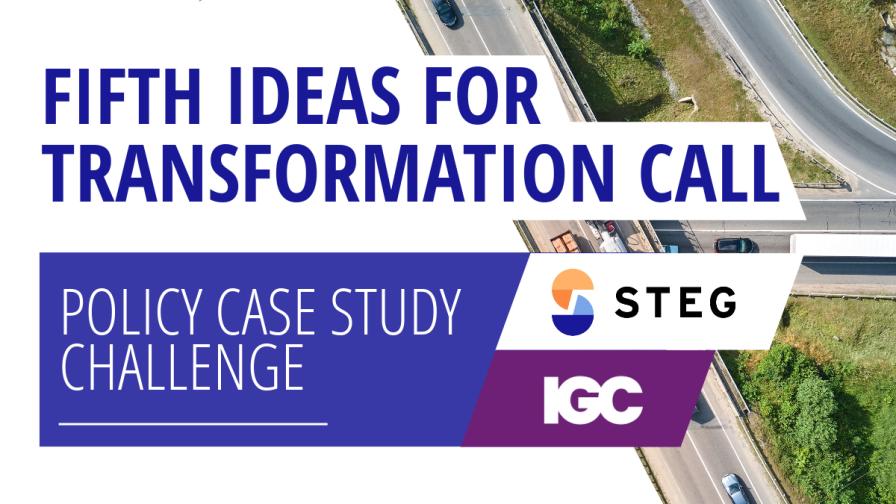Why do land titles remain so rare across sub-Saharan Africa. Farmers who formalize their land rights invest more on their parcels (Ali, Deininger, and Duponchel 2017); increase their access to credit (Piza and Moura 2016); and improve their overall wellbeing across a variety of measures (Tseng et al. 2021). These potential gains are especially strong for women and other disadvantaged groups. However, for titling to increase investment, it must be the case that titles actually decrease the perceived risk of losing land. Land titles also rely on local formal institutions—such as courts, municipal councils, or the police—to enforce them. Do households who distrust their local formal institutions believe that land titles will be less useful?
I study the perceived utility of formal land titles in Senegal, a country with low overall take-up of land formalization. The fraction of Senegalese households who possess at least one title for any of their agricultural parcels ranges from 12.7 percent of households in the Kédougou region to only 0.542 percent in the Sédhiou region. I use a conjoint survey experiment in which I present respondents with two profiles to a land dispute. Each profile is randomized across six different attributes, including whether the profile possesses a formal land title. I then ask the respondent which profile would win the dispute. This design allows me to unpack which groups place more weight on the formal title when evaluating land disputes. I administered the survey in 75 villages across the Thiès, Saint-Louis, Matam, and Tambacounda regions of Senegal.
The existing academic literature centers states and customary chiefs as the actors who promote or inhibit titling (Albertus 2020; Boone 2014; Honig 2022; Onoma 2010). In much of Africa— including Senegal—formal land titles are available ‘on demand’ to rural households. In other words, households themselves decide whether or not to seek a formal land title. Actors like the FCDO, USAID , the MCC, and the World Bank have spent millions of dollars alleviating supply-side constraints to formal land titles. This research suggests that making titles available is insufficient to encourage titling. Interventions must also increase the demand for titling.
To preview my findings, I show that respondents who distrust their local governments place the least weight on formal land titles when they evaluate who would win a hypothetical dispute. Close family members of village chiefs also place less weight on formal titles, likely reflecting their privileged position within customary institutions. Contrary to my enumerated hypotheses, individuals who distrust their village chief also place less weight on land titles during the conjoint experiment.
